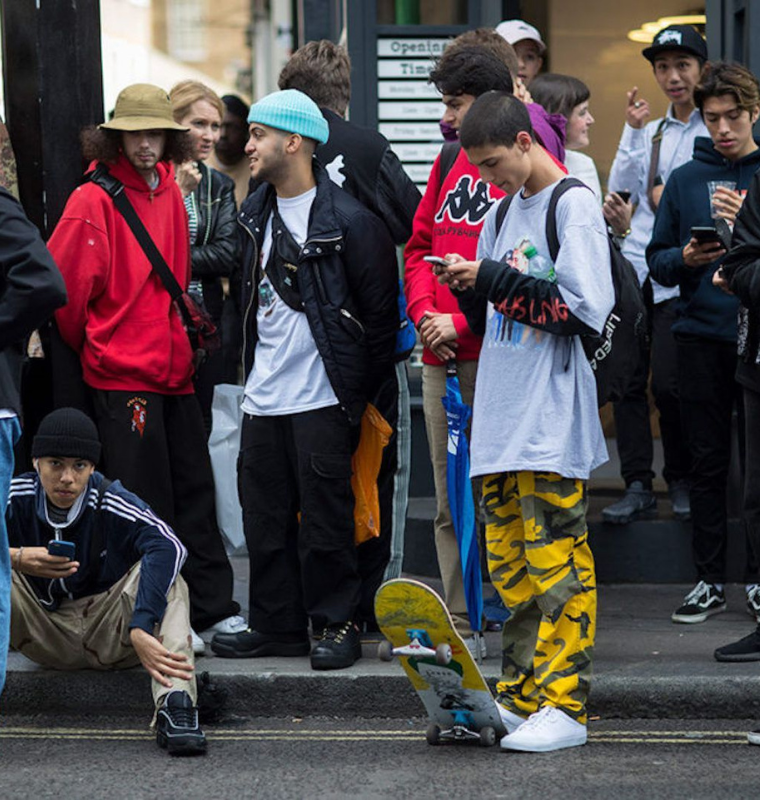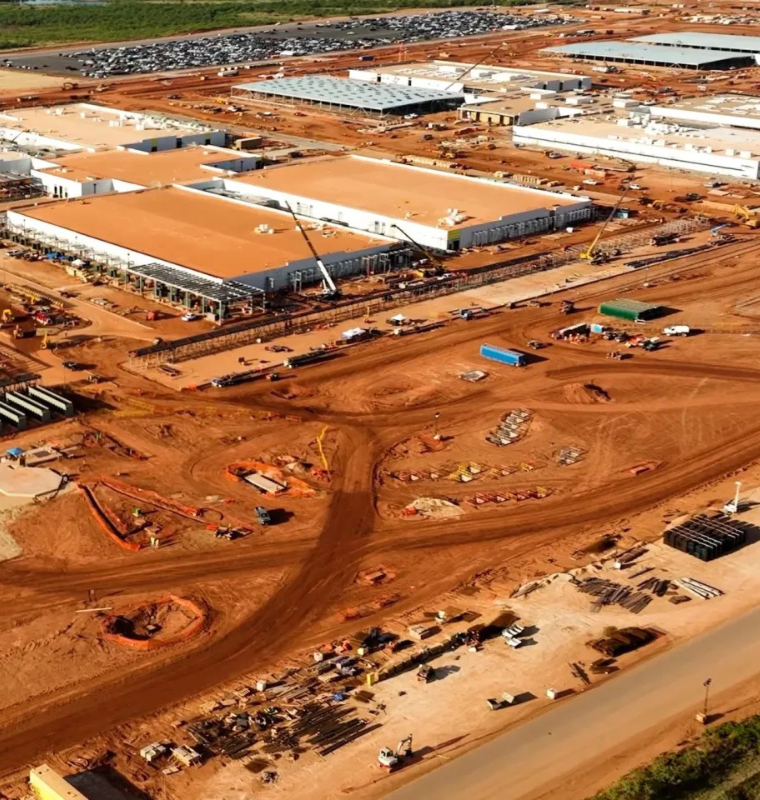EA’s $55 Billion Buyout Promises Investor Gains but Clouds the Future for Gamers
EA’s $55 Billion Buyout Promises Investor Gains but Clouds the Future for Gamers
By
Junia Wells
Last updated:
October 6, 2025
First Published:
October 6, 2025
.webp)
Photo: Bloomberg.com
Electronic Arts (EA), one of the world’s largest gaming companies, is entering a new chapter after striking a $55 billion deal to go private — a move that has thrilled investors but unsettled gamers. The all-cash acquisition, led by Saudi Arabia’s Public Investment Fund (PIF) alongside Silver Lake and Affinity Partners, values EA at $210 per share, representing a 17% premium over its previous all-time high.
While Wall Street analysts see the transaction as a major win for shareholders, industry insiders and players are warning that the long-term consequences for creativity, studio independence, and gaming innovation may be far less positive.
The Deal: A Financial Masterstroke with Big Risks
According to analysts, the buyout is “virtually guaranteed” to close within weeks. Morningstar’s senior equity researcher Matthew Dolgin noted that the deal is unlikely to face major regulatory hurdles given current U.S.–Saudi relations. For investors, it marks one of the largest private buyouts in gaming history, eclipsing earlier deals like Microsoft’s $68.7 billion acquisition of Activision Blizzard.
However, the move comes at a cost. The privatization will leave EA burdened with roughly $20 billion in new debt, creating pressure to sustain high profitability through its live-service model — a system heavily reliant on microtransactions, downloadable content (DLC), and seasonal battle passes.
“Going private gives EA freedom from quarterly market pressure,” said Michael Futter, founder of consultancy F-Squared. “But with $20 billion in debt, that freedom comes with a leash.”
EA’s Controversial Legacy: Profits Over Players
Despite being a consistent profit engine — with annual operating profits since 2015 — EA has long been one of the most criticized companies in gaming. The backlash stems from its aggressive monetization practices, repetitive sequels, and perceived lack of innovation.
The publisher’s portfolio includes best-selling franchises such as EA Sports FC (formerly FIFA), Battlefield, The Sims, and Apex Legends. Yet its reputation among gamers remains fraught.
In 2012 and 2013, EA was voted “Worst Company in America” by the consumer watchdog site Consumerist. The outrage reached new heights in 2017 when EA’s defense of its Star Wars Battlefront II loot boxes became the most downvoted Reddit comment of all time — with over 680,000 downvotes.
That controversy even caught the attention of lawmakers. U.S. Senator Chris Lee called EA’s approach a “predatory practice,” describing the game as “a Star Wars-themed online casino designed to lure kids into spending money.”
Even in 2024, CEO Andrew Wilson reaffirmed EA’s focus on “owned IPs, sports, and large online communities”, signaling that the company would continue prioritizing scalable, revenue-heavy franchises over experimental titles.
What Going Private Could Mean
Analysts remain divided on what EA’s new private ownership means for the company’s creative future.
On one hand, Michael Pachter of Wedbush Securities argues that EA may have more room to take creative risks now that it is no longer beholden to shareholder expectations. “Without quarterly earnings pressure, EA can focus on building better, more immersive games,” he said.
On the other hand, skeptics believe the opposite could happen. Pachter predicts that PIF’s involvement — through its Savvy Games Group, which already owns Scopely and Niantic — will lead EA to double down on mobile gaming and live-service content.
“The Saudis are going to want scalable products — expect mobile versions of EA Sports, Sims, and Battlefield across all markets,” he said.
Industry consultants warn that EA may consolidate around its most profitable franchises while shuttering smaller studios or selling off dormant intellectual property to manage its debt. Titles like Command & Conquer, dormant since its last full release in 2012, could be on the chopping block.
“I don’t see how EA avoids layoffs and studio closures with this debt load,” Futter said bluntly. “They’ll stick to safe bets rather than taking creative risks.”
A Glimmer of Optimism for the Long Term
Not everyone is pessimistic. Nick McKay of Freedom Capital Markets believes the move could, in time, improve EA’s creative output. “Stepping out of the public market gives EA breathing room,” he said. “They can invest in projects they’re passionate about without worrying that one failed launch will tank their stock price.”
Similarly, David Cole, CEO of DFC Intelligence, sees short-term restructuring but long-term potential. “EA may offload older IPs and restructure operations, but once the dust settles, the company will be free to take bolder creative risks,” he noted.
If executed strategically, the privatization could give EA the flexibility to rediscover its creative edge — something fans have long demanded. But with debt obligations looming and a history of monetization-first decisions, the question remains: will EA truly reinvent itself, or simply refine the business model that made it infamous?
The Bottom Line
The $55 billion buyout marks a historic turning point for EA — a company that has shaped the gaming landscape for decades but has often stood at odds with its own community. Investors are celebrating record valuations, while gamers brace for what could be another era of monetized, risk-averse gaming.
As EA transitions into private ownership, the world will be watching to see whether it uses its newfound freedom to innovate — or to further capitalize on the mechanics that made it both wildly profitable and deeply polarizing.
Popular articles
Subscribe to unlock premium content
Why Consumers Buy Limited-Edition Fashion and Beauty Products

How K-Beauty Changed the Global Skincare Industry and Consumer Expectations

How Streetwear Became a Billion-Dollar Industry From Niche to Mainstream

Why Consumers Buy Limited-Edition Fashion and Beauty Products

How K-Beauty Changed the Global Skincare Industry and Consumer Expectations

Why Consumers Buy Limited-Edition Fashion and Beauty Products









